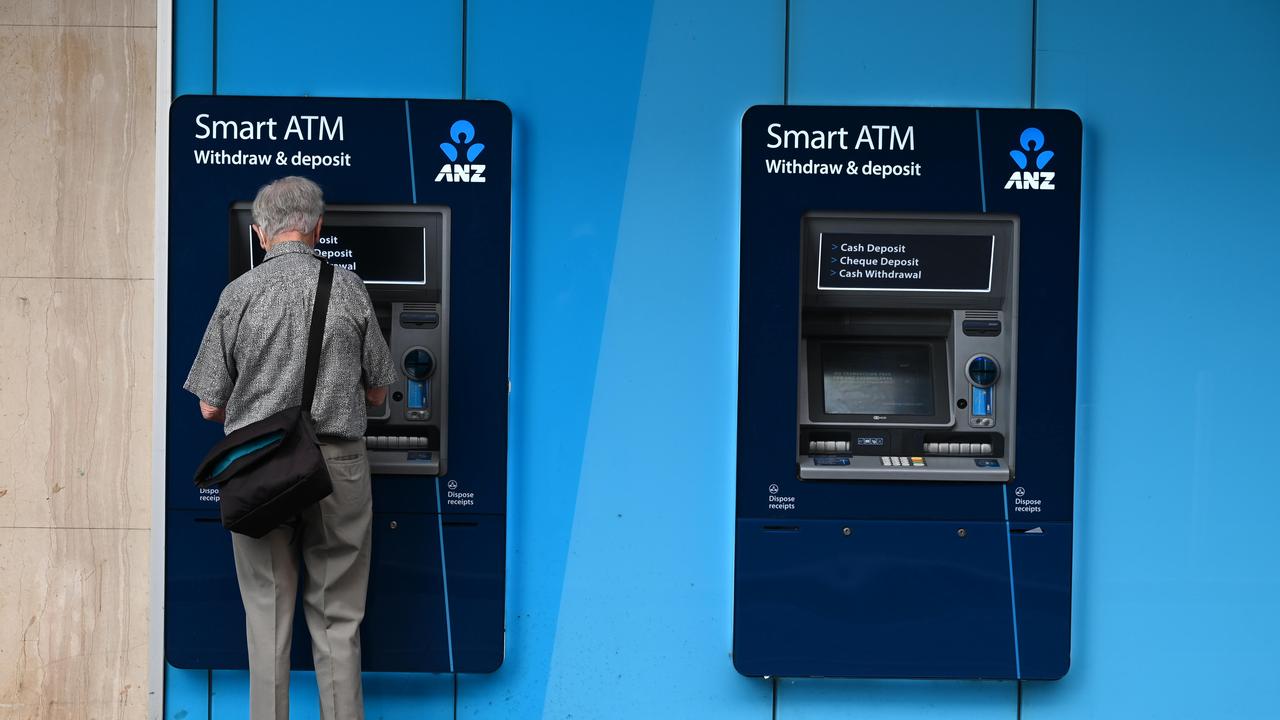Australian household expenses rise 11.2 per cent, according to ABS data
The main reason for a household spending spike in expenses during 2022 has been revealed.
Australian households spent an average of 11.2 per cent more in December 2022 than in the same month the previous year, new data has revealed.
The Australian Bureau of Statistics released the figures as part of Monthly Household Spending Indicator on Tuesday which showed a mammoth 22.7 per cent hike on services since December 2021.
This rise was largely due to increased spending on transport, recreational, and catering services, according to the ABS.
However, households' spending on goods rose a relatively minor 2.7 per cent, driven by increases in food, other goods, and alcoholic beverages and tobacco.
Spending on transport increased by 31 per cent, spending at hotels, cafes and restaurants went up by 21.8 per cent and Australians spent 12.6 per cent more on goods and services.
Discretionary household spending rose 8.1 per cent, driven by spending in recreation and culture and accommodation services.
Non-discretionary household spending rose 14.8 per cent, driven by spending on transport services and catering services.

Robert Ewing, head of business indicators at the ABS, said while the figures marked a spike, the increase was close to the year’s biggest monthly rise.
“The growth rate in total household spending continued to ease in comparison to previous months, after peaking at 29.2 per cent in August,” Mr Ewing said.
“In December, all spending categories recorded through-the-year increases, with services showing more strength than goods.
“Household spending on services rose 22.7 per cent compared to December 2021, driven by increased spending on transport (up 31.0 per cent), as air travel demand continued to grow strongly.”
All states witnessed a spike in household costs but this was most evident in Victoria where costs climbed 13.9 per cent, South Australia with a 12.4 per cent rise and NSW where prices rose 11.7 per cent.
ANZ data also revealed consumer confidence dropped 5.5pts last week to 78.1 after a 3.2pt fall the week before.
This is its lowest level since early April 2020.
‘Weekly inflation expectations’ rose 0.1ppt to 5.5 per cent. Its four-week moving average remained unchanged at 5.4 per cent.



